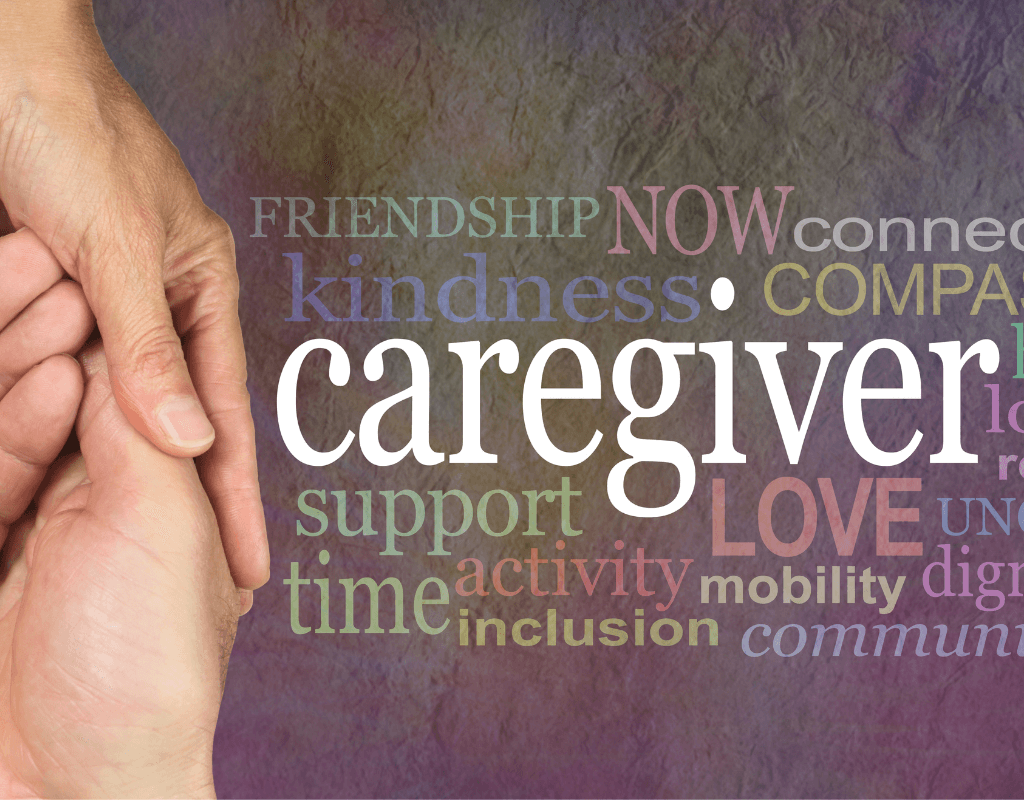If you are, or have been a caregiver, you know that caregiving is a labor of love. Your work is often performed in the shadows without much recognition. While caregivers dedicate their lives to supporting others, they frequently neglect their own well-being. Caring for a caregiver is essential to ensure they can continue their vital work without succumbing to caregiver burnout. This article explores how to care for a caregiver. I offer practical ways to support the caregivers in your life, ensuring they receive the care and compassion they so generously provide.
Understanding the Role of a Caregiver
Caregivers are responsible for the physical, emotional, and sometimes financial well-being of those in their care. Their daily responsibilities can range from managing medications and attending medical appointments to providing personal care and emotional support. The weight of these duties can lead to significant physical exhaustion, emotional burnout, financial stress, and social isolation. Recognizing and understanding these challenges is the first step in offering meaningful support.
Recognizing the Signs of Caregiver Burnout
Caregiver burnout is a state of physical, emotional, and mental exhaustion. It’s crucial to recognize the signs early to provide timely help. Physical symptoms include chronic fatigue, frequent illness, and changes in sleep patterns. Emotionally, caregivers might experience irritability, depression, anxiety, and feelings of helplessness. Behavioral changes such as withdrawal from social activities, neglecting personal care, and changes in eating habits are also common indicators. By identifying these signs, friends and family can step in before burnout becomes severe.
Practical Ways to Support a Caregiver
1. Offer Emotional Support
Be a good listener and provide a safe space for them to express their feelings can make a huge difference. Validate their emotions, acknowledging that their frustrations, fears, and exhaustion are understandable. Encourage them to take regular breaks and practice self-care, reminding them that their well-being is just as important as the person they are caring for.
2. Provide Practical Help
Caregivers often juggle multiple tasks, leaving little time for themselves. Offering practical help can alleviate some of their burdens. Simple acts like preparing meals, running errands, or helping with household chores can provide much-needed relief. Additionally, offering to stay with the care recipient so the caregiver can take a break can be incredibly beneficial. Assist with organizing medical appointments, managing paperwork, or handling any other tasks that can ease their daily load.
3. Encourage Self-Care
Self-care is crucial for caregivers, yet it’s often neglected. Encourage healthy habits such as regular exercise, balanced nutrition, and sufficient sleep. Suggest relaxation techniques like meditation, deep breathing exercises, or yoga to help them manage stress. Recommend hobbies or activities that bring them joy and relaxation, whether it’s reading, gardening, or engaging in creative pursuits. Remind them that taking care of themselves is not selfish but necessary to provide the best care for their loved ones.
4. Connect Them with Resources
Many caregivers are unaware of the resources available to them. Inform them about local support groups, online forums, and community services dedicated to caregiver support. Sharing information about respite care services can provide temporary relief, allowing them to recharge. Guide them to professional counseling or therapy if they need additional support in managing stress and emotional challenges. Connecting them with these resources can significantly lighten their load and provide a network of support.
5. Promote Social Interaction
Caregiving can be isolating, leading to social withdrawal. Encourage caregivers to maintain friendships and social connections. Plan social outings or activities they enjoy, even if it’s just a coffee date or a walk in the park. Organize regular family gatherings where everyone shares the caregiving responsibilities, allowing the primary caregiver some much-needed respite. Social interaction is vital for their emotional well-being and can provide a sense of normalcy and balance.
6. Financial Assistance
The financial burden of caregiving can add significant stress. Help caregivers explore financial aid options, benefits, and community programs that might offer financial support. Research how they can get paid being a family caregiver. Assist with budgeting and managing expenses related to caregiving, ensuring they don’t carry this burden alone. Financial stability can alleviate a considerable amount of stress, allowing caregivers to focus more on their well-being and caregiving duties.
Real-Life Stories and Testimonials
Real-life stories and testimonials can be powerful in illustrating the impact of caregiver support. Consider sharing stories of caregivers who received support and how it positively affected their well-being. For example, my neighbors would bring over dinner if I had to work late one day, knowing that my care routine with my mom was quite significant. That simple gesture meant so much to me.
Joining a support group and having someone to talk with helped me feel less isolated and more understood. Including these personal accounts can inspire and educate readers on the importance of supporting caregivers.
Conclusion
Caregivers play an indispensable role in our society, providing care and comfort to those who need it most. However, without adequate support, they risk experiencing burnout, which can affect their ability to provide care. By offering emotional and practical support, encouraging self-care, connecting them with resources, promoting social interaction, and assisting with financial burdens, we can ensure caregivers remain healthy and resilient. Remember, caring for a caregiver is not just an act of kindness; it’s essential for the sustainability of care they provide.
Additional Resources
- Book: “The Caregiver’s Companion” by Carolyn A. Brent,
- Book: “The Caregiving Wife’s Handbook” by Diana B. Denholm
- Websites: Family Caregiver Alliance
- Organizations: AARP Caregiving Resource Center, National Alliance for Caregiving
Call to Action
Caregivers need our support now more than ever. Share this article to spread awareness about the importance of caregiver support. If you know a caregiver, take a moment to ask how you can help. Your support can make a world of difference in their lives.
Here’s a little transparency: Our website contains affiliate links. This means if you click and make a purchase, we may receive a small commission. Don’t worry, there’s no extra cost to you. It’s a simple way you can support our mission to bring you quality content.
Recommended For You

Elderly Fall Prevention Tips
One-third of seniors over the age of 65 will fall this year and only half of them will tell their doctor about it, according to the Centers for Disease Control …

Caregiver Care Plan Form
A caregiver care plan form is a vital tool that will ensure your loved one receives the quality care they deserve. As a home care

States That Pay Family Caregivers
Nearly 80% of adults living at home and receiving long-term care assistance depend solely on relatives and friends, according to the Family Caregiver Alliance (FCA). The role of informal caregiver …

How to Monitor an Elderly Parent
Are you worried that your elderly parent is struggling to remain independent and that you can’t be there every day to make sure they are safe? There are millions of …

What Benefits Does AARP Offer?
What benefits does AARP offer? That’s a question I asked myself for 12 years before I finally decided to join. What took me so long? I don’t know. Denial maybe? …

Caregiver Stress Burnout Quiz
I wish that I had known about this caregiver stress burnout quiz when I was juggling the 24-hour care for my mom and working a


